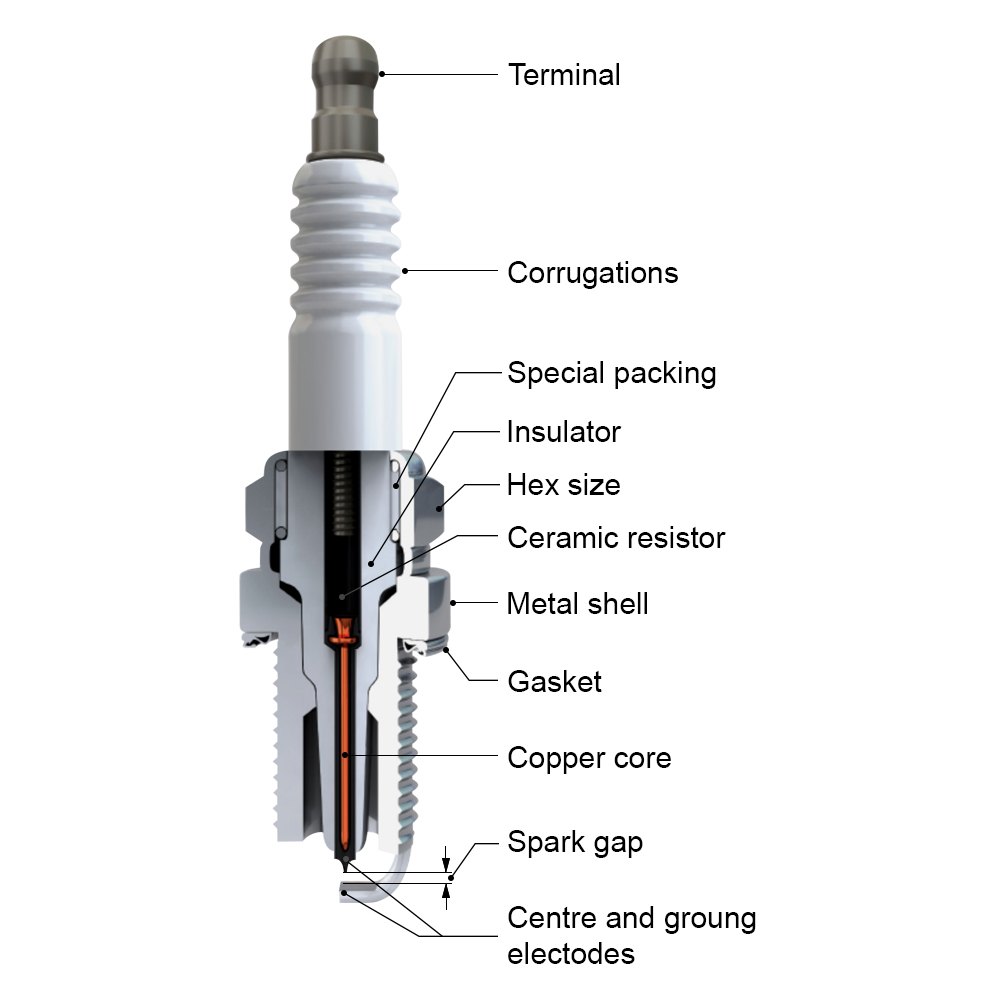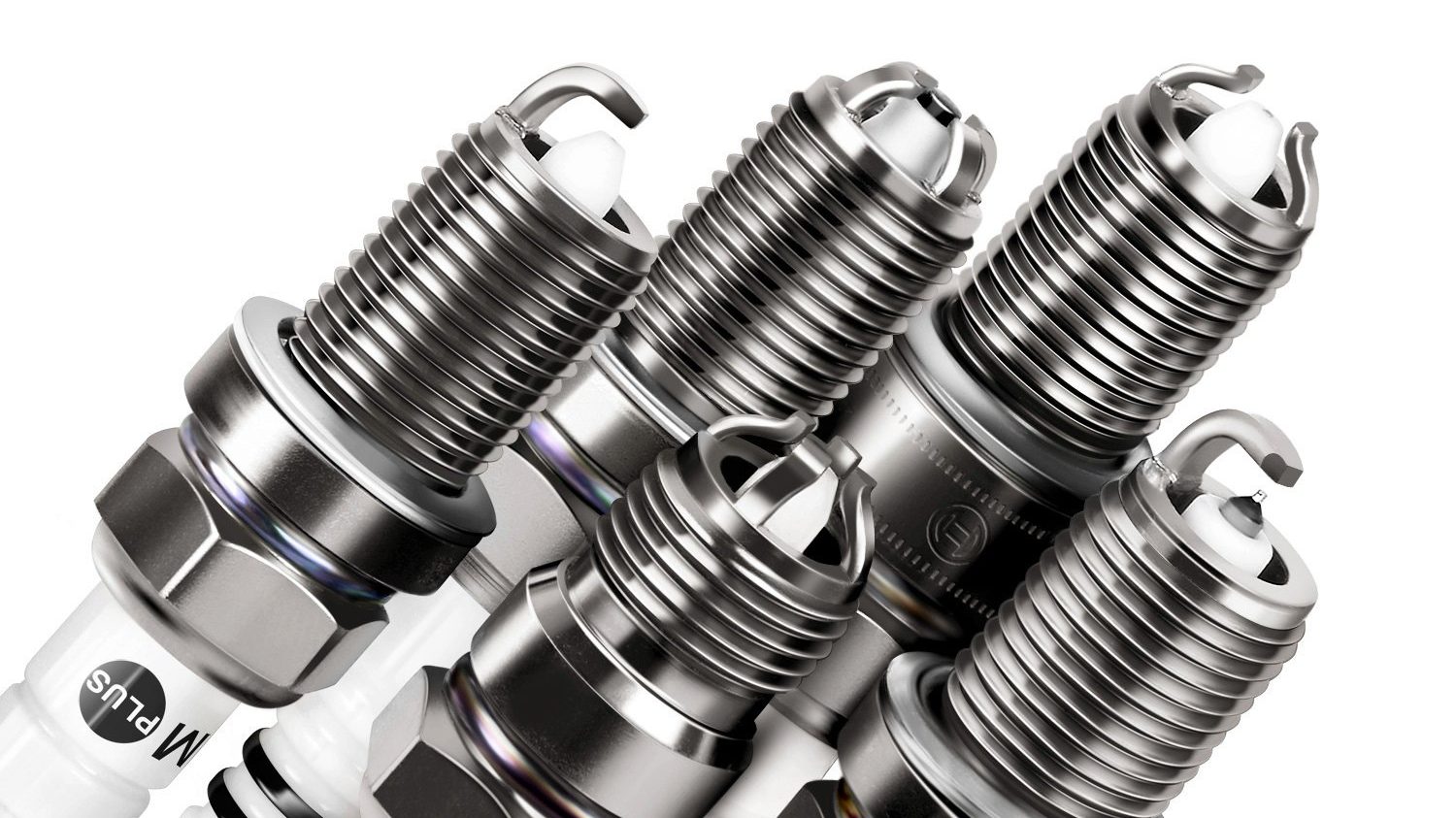Copper vs Iridium/Platinum Spark Plugs ( Pros and Cons)
Spare parts market is filled with all sorts of spark plugs nowadays. For last decade or so, platinum and iridium spark plugs have filled the market. These newer plugs are sold for as much as Rs1200 a piece (depending on type and brand). But the question is, are those run of the mill copper plugs thing of a past now? The following blog will try to answer that.
Also Read: Choosing the Right Spark Plug for the Best Performance
Life of spark plugs
In short, the answer is no. The main reason why parts manufacturers moved to materials like iridium or platinum is the longevity of the electrodes. A platinum or iridium spark plug will last you something like 80,000 to 100,000 kilometers. On the other hand, copper spark plugs will wear out at around 35,000 kilometers (give or take few thousand kilometers).
The trade-off
But the trade-off here is the conductivity of the spark plugs. Both platinum and iridium will last you long, but both of these metals are inferior conductors compared to something like copper. So in normal conditions, the copper spark plug will always outperform an iridium or some other fancy spark plug. But it will die in maybe less than half the age of these expensive plugs. People buy these spark plugs thinking they have improved the spark and hence increased the power of their stock vehicles but that is not true. One can debate whether iridium/platinum spark plugs improve the emissions/fuel economy but as far the performance is concerned, copper plugs are better in stock conditions. Between platinum and iridium plugs, iridium is considered a better option than the platinum, but it still doesn’t match copper’s conductivity.
Between platinum and iridium plugs, iridium is considered a better option than the platinum, but it still doesn’t match copper’s conductivity.
Conclusion
The spark plugs like iridium or platinum are not just an aftermarket upgrade anymore. Cars like Honda Civic and Honda City now come with iridium spark plugs pre-installed. But as far as I know, Toyota Corolla still comes with regular copper plugs. To sum it all up, it is better to stick with what your car came installed with. Both types of plugs have their pros and cons. But it is always better and safer to use what your car manufacturer recommends.


